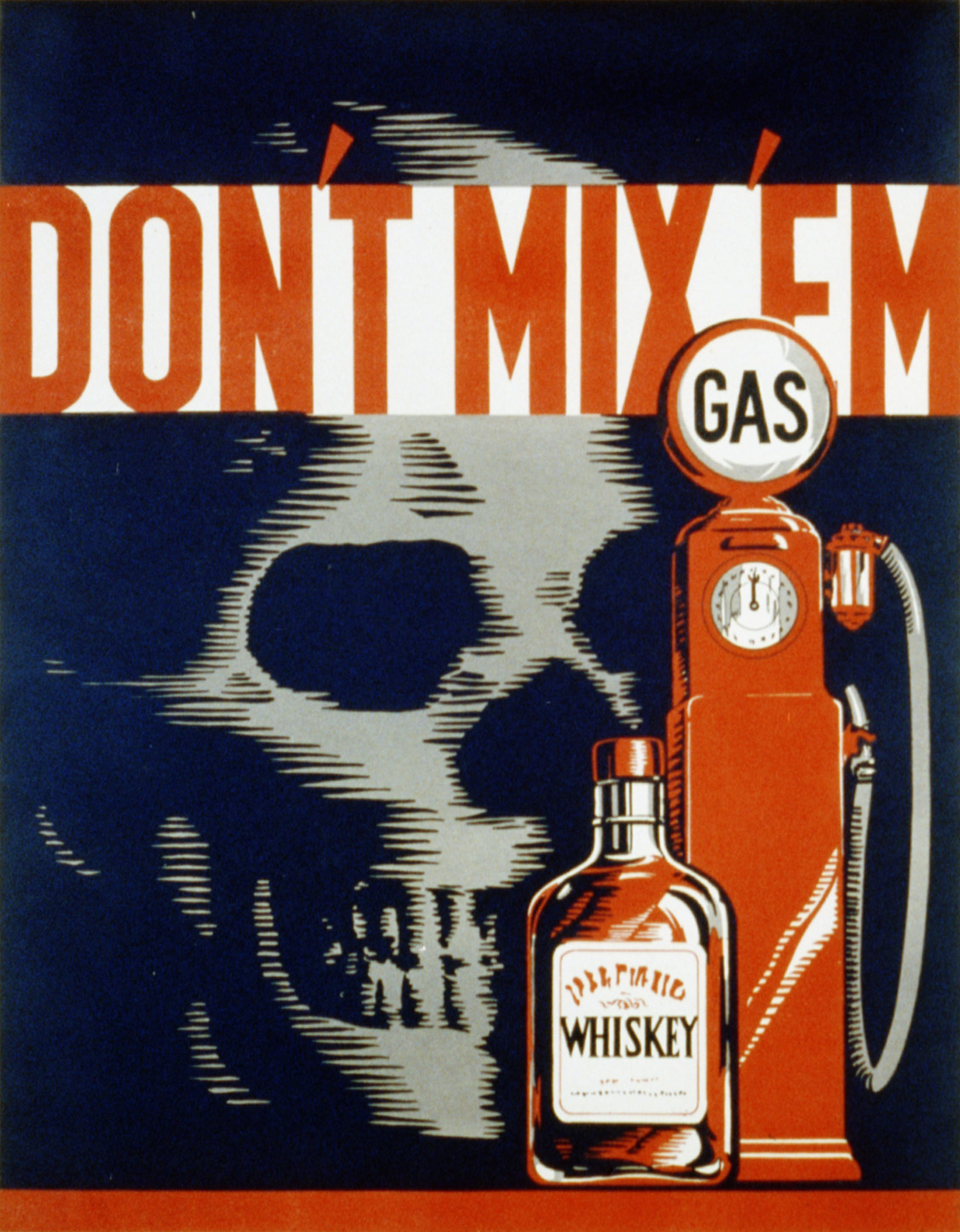
Driving under the influence
Driving under the influence (DUI) is the offense of driving, operating, or being in control of a vehicle while impaired by alcohol or drugs (including recreational drugs and those prescribed by physicians), to a level that renders the driver incapable of operating a motor vehicle safely.[1] Multiple other terms are used for the offense in various jurisdictions.
For the legal definition, see Drug–impaired driving. For driving under the influence of alcohol specifically, see Drunk driving.Terminology[edit]
The name of the offense varies from jurisdiction to jurisdiction and from legal to colloquial terminology. In various jurisdictions the offense is termed "driving under the influence" [of alcohol or other drugs] (DUI), "driving under the influence of intoxicants" (DUII), "driving while impaired" (DWI), "impaired driving", "driving while intoxicated" (DWI), "impaired driving", "operating while intoxicated" (OWI), "operating under the influence" (OUI), "operating [a] vehicle under the influence" (OVI), "drunk in charge", or "over the prescribed limit" (in the UK). Alcohol-related DUI is referred to as "drunk driving", "drunken driving", or "drinking and driving" (US), or "drink-driving" (UK/Ireland/Australia). Cannabis-related DUI may be termed "driving high", and more generally drug-related DUI may be referred to as "drugged driving", "driving under the influence of drugs" (DUID), or "drug-impaired driving".
In the United States, the specific criminal offense is usually called driving under the influence, but states may use other names for the offense including "driving while intoxicated" (DWI), "operating while impaired" (OWI) or "operating while ability impaired", and "operating a vehicle under the influence" (OVI).[2]
Definition[edit]
The criminal offense may not involve actual driving of the vehicle but rather may broadly include being physically "in control" of a car while intoxicated, even if the person charged is not in the act of driving.[3][4] For example, individuals found in the driver's seat of a car while intoxicated and holding the car keys, even while parked, may be charged with DUI in the majority of U.S. states because they are in control of the vehicle.
In construing the terms DUI, DWI, OWI, and OVI, a few states[which?] such as California therefore make it illegal to drive a motor vehicle while under the influence or driving while intoxicated, while the others all indicate that it is illegal to operate a motor vehicle while under the influence. Virtually all of the states permit enforcement of DUI/DWI and OWI/OVI statutes based on "operation and control" of a vehicle, while California and a few others[which?] require actual "driving". "The distinction between these two terms is material, for it is generally held that the word 'drive,' as used in statutes of this kind, usually denotes movement of the vehicle in some direction, whereas the word 'operate' has a broader meaning so as to include not only the motion of the vehicle but also acts which engage the machinery of the vehicle that, alone or in sequence, will set in motion the motive power of the vehicle." (State v. Graves (1977) 269 S.C. 356 [237 S.E.2d 584, 586–588, 586. fn. 8].)
Merriam Webster's Dictionary defines DUI (in the United States) as "1. the act or crime of driving a vehicle while affected by alcohol or drugs; 2. an arrest or conviction for driving under the influence; 3. a person who is arrested for or convicted of driving under the influence."[5]
Many DUI laws apply also to motorcycling, boating, piloting aircraft, use of mobile farm machinery such as tractors and combines, riding horses or driving a horse-drawn vehicle, bicycling, or skateboarding, possibly with different BAC level than driving.[6][7][8] In some jurisdictions, there are separate charges depending on the vehicle used. In Washington state, for instance, BUI (bicycling under the influence) laws recognize that intoxicated cyclists are likely to primarily endanger themselves. Accordingly, law enforcement officers are empowered only to protect the cyclist by impounding the bicycle rather than filing DUI charges.[9]
George Smith, a London Taxi cab driver, ended up being the first person to be convicted of driving a motor vehicle while intoxicated, on September 10, 1897, under the "drunk in charge" provision of the 1872 Licensing Act. He was fined 25 shillings, which is equivalent to £179 in 2023.[10]
Other charges[edit]
Child endangerment[edit]
In the US state of Colorado, impaired drivers may be charged with child endangerment if they are arrested for DUI with minor children in the vehicle.[32]
Wet reckless[edit]
"Wet reckless" is a term used informally when a driver takes a plea bargain, agreeing to plead guilty to reckless driving in exchange for the elimination of the drunk driving charge.[33] In California, a driver may not be charged or arrested for "wet reckless" driving, and the sole function of the charge is as a possible disposition following a plea bargain for a driver charged with DUI.[34]
Penalties[edit]
In the case of a crash, car insurance may be automatically declared invalid for the intoxicated driver; the drunk driver would be fully responsible for damages. In the American system, a citation for driving under the influence also causes a major increase in car insurance premiums.[35]
The German model serves to reduce the number of crashes by identifying unfit drivers and revoking their licenses until their fitness to drive has been established again. The medical-psychological assessment works for a prognosis of the fitness for drive in future, has an interdisciplinary basic approach, and offers the chance of individual rehabilitation to the offender.[36]